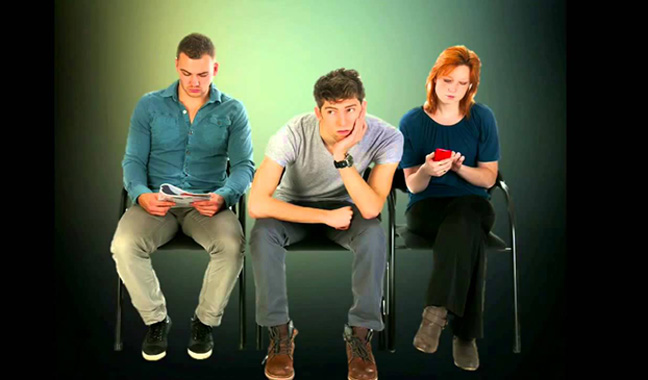Body language affects how others see us, but it may also change how we see ourselves. Social psychologist Amy Cuddy shows how “power posing” — standing in a posture of confidence, even when we don’t feel confident — can affect testosterone and cortisol levels in the brain, and might even have an impact on our chances for success.
Amy Cuddy wasn’t supposed to become a successful scientist. In fact, she wasn’t even supposed to finish her undergraduate degree. Early in her college career, Cuddy suffered a severe head injury in a car accident, and doctors said she would struggle to fully regain her mental capacity and finish her undergraduate degree. But she proved them wrong. Today, Cuddy is a professor and researcher at Harvard Business School, where she studies how nonverbal behavior and snap judgments affect people from the classroom to the boardroom. And her training as a classical dancer (another skill she regained after her injury) is evident in her fascinating work on “power posing” — how your body position influences others and even your own brain. TIME writes, “Using a few simple tweaks to body language, Harvard researcher Amy Cuddy discovers ways to help people become more powerful.”
You can watch Cuddy’s fascinating TED Talk™ below to learn exactly what she means when she says, “Our bodies change our minds, and our minds can change our behavior, and our behavior can change our outcomes.” For more amazingness from Amy Cuddy be sure to check out her faculty page at Harvard Business School and follow her on Twitter.
SEE ALSO: WSJ Explains Fascinating Ways How Eye Contact Is Boosting Or Killing Your Career
SEE ALSO: Buddha, Joan Of Arc & Even Luke Skywalker Shared This #1 Trait That Best Predicts Elite Performance



